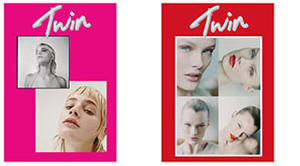A cult record store and the Japanese art of flower arranging might not make natural bedfellows, but there is plenty to connect the two skills and passions for Haruka Hirata, the co-founder Big Love Records – the ‘if you know, you know’ globally respected record store in Tokyo. Speaking to Twin about what this ancient practice has taught her about life, her musings could act as a reflective signal to how we will need to responsibly think about a future we are carving as we all move forward.
How did Big Love Records come about?
Masashi Naka, co-founder of Big Love Records started his record label in the 90’s, and opened his own record shop called Escalator Records in 2002 in the same location as now. I started working there and changed the name to Big Love Records in 2008. It was to focus more on international bands. That organically made us meet great artists, not only musicians.
What is the ethos of BLR?
To be independent. Be responsible to the world.
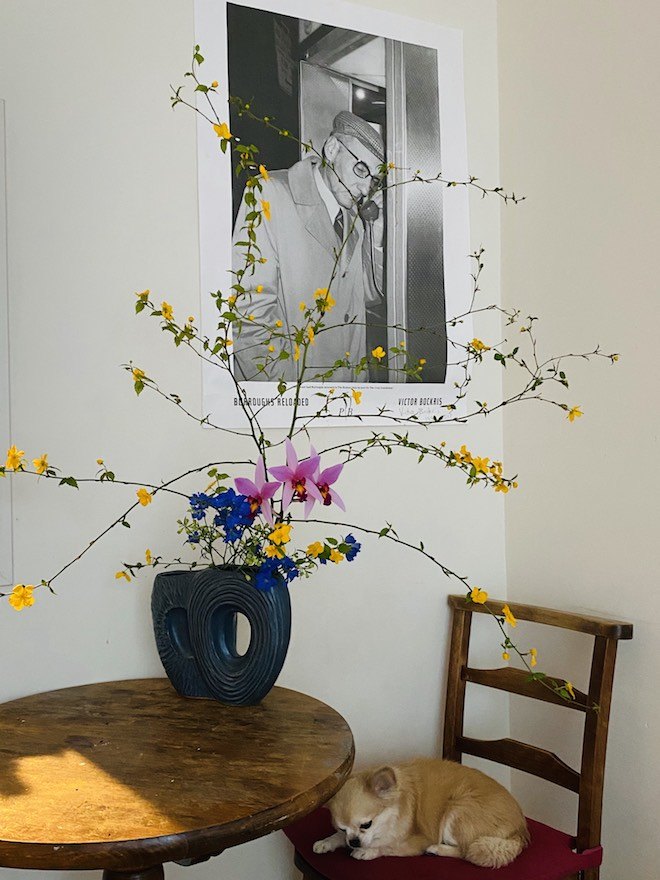
Do you think our approach to records and independent music stores will change post COVID-19?
I believe a lot of people has revisited listing to music during their self-isolation, and dug deeper, so it definitely was a good chance to realize how music could be your nutrition. But at the same time, some people may notice it was because you had enough time to do so. Record shops should not just rely on the customers, but needs to create a better platform for people to fully enjoy and experience music and embrace in their lives.
It’s about experience. A community is an experience.
You practice Ikebana: tell us how you got into this and what it has taught you?
Hiroshi Teshigahara, son of the Sogetsu Ikebana School founder and the second Iemoto (grand master), was an avant-garde movie director. I was a big fan of his movies- “Woman in the Dunes”, and “The Face of Another”. One night I was casually googling his name and found out he was an Ikebana artist. I was looking for a medium to address my voice in a better way, and the next day I called my Ikebana school. Been studying for four years, I finally got a certificate last year.
It has been teaching me a lot.
The importance of preparation and cleaning up. Showing respect to your teachers, and classmates. Patience. Never compromise but forgive yourself.
You can never complete learning an art form working with nature, because you will never be able to use the same material ever again.
Can you give us a few pointers on what makes a balanced arrangement, and how can an arrangement effectively come alive?
Focus on three things. Line, color and mass. How do you feel today? Pick one main color. Use three strait or curved materials, in three different lengths.
Create a mass, or keep it
Give space to each other. Don’t fully cover the vase, create a room.
You can keep the flowers or branches live longer if you cut the stems under the water. This is to prevent air coming in the stem, and let it absorb water.
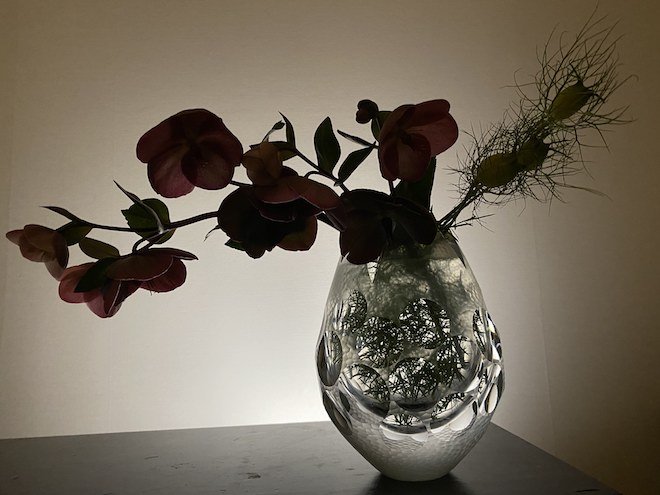
What sensations does ikebana give you? Calm, satisfaction, energy?
Ikebana is about life and death. You need to face how selfish you are to cut, bend, or nail the flowers or branches only to express yourself. You are sacrificing nature.
Do you listen to music while practicing ikebana?
One time I was listening to dark techno while working on the piece, and it was not right.
The sound of the scissors are the best music.
You should always listen to silence and find your own rhythm.
What does beauty mean to you?
Life and death.
What was the last thing that made you excited?
Eating french fries with my friends.

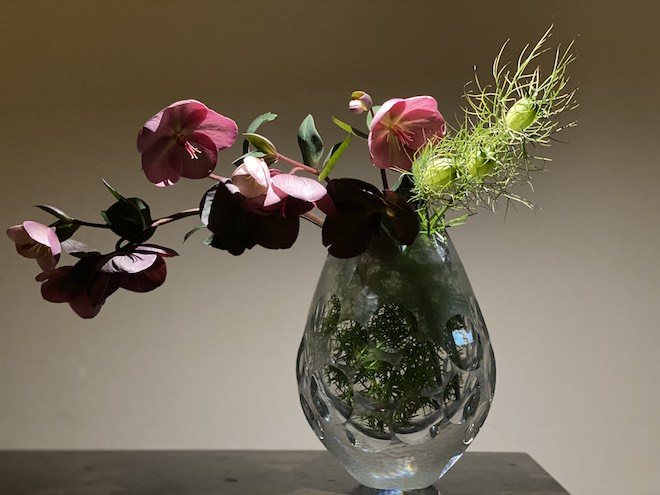
 PREVIOUS
PREVIOUS
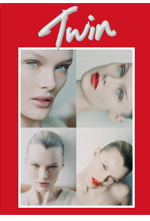
 Twitter
Twitter
 Tumblr
Tumblr
 YouTube
YouTube
 Facebook
Facebook
 Instagram
Instagram
